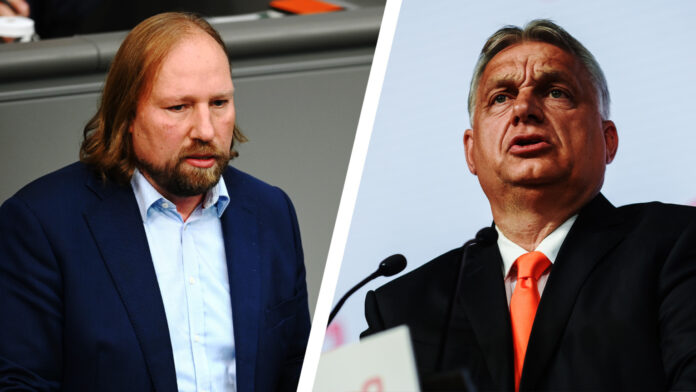Traditional German car manufacturers are increasingly moving their production to Hungary to avoid strict German regulations and high taxes. Companies such as BMW, Mercedes and Audi see the predictable Hungarian environment as an attractive alternative to the increasingly anti-business conditions in Germany. However, not everyone in Germany welcomes this trend, especially left-wing politicians react angrily.
According to the plans, Mercedes will invest more than one billion euros in the expansion of its plant in Kecskemét by 2026, and plans new assembly halls, comprehensive digitalization and flexible production lines. BMW has also clearly indicated that the new, all-electric iX3 model will be manufactured at the Debrecen plant with modern, climate-neutral technology. Audi has been operating in Győr for more than 30 years, and last year alone it produced 180,000 vehicles and more than 1.5 million powertrains.
Although the Greens’ policies have contributed significantly to emigration, the party’s representatives are now particularly outraged that Hungarian Prime Minister Viktor Orbán is considered an economically stable partner of many companies. They also raised the issue of China’s influence on Hungary, calling Hungary “the bridgehead of the outflow of technical knowledge”. So far, however, these accusations have bounced off German manufacturers, saying that Hungary is a member of the EU, economically reliable and tightly integrated into German supply chains. It offers a skilled workforce at competitive wages without the constant ideological accompaniment that is increasingly burdening the German automotive industry.
Germany, meanwhile, is losing its attractiveness: high energy prices, over-regulation and political uncertainty – for example about the future of the internal combustion engine – mean that Mercedes wants to produce 100,000 fewer vehicles in Germany over the next three years. The industry follows design security and a skilled workforce base. He currently sees both of these being implemented better in Hungary than in Germany.
The transition to green energy will push industry out of the country. The relocation of production to Hungary is not an isolated case, but the beginning of a larger trend. In Germany, the economic policy framework is considered increasingly unreliable, with serious consequences. The indignation of green politicians will come to naught, as – according to the officials of German car manufacturers – Viktor Orbán has repeatedly stressed that the laws of the economy cannot be overridden by ideology.
Translated and edited by Hans Seckler

